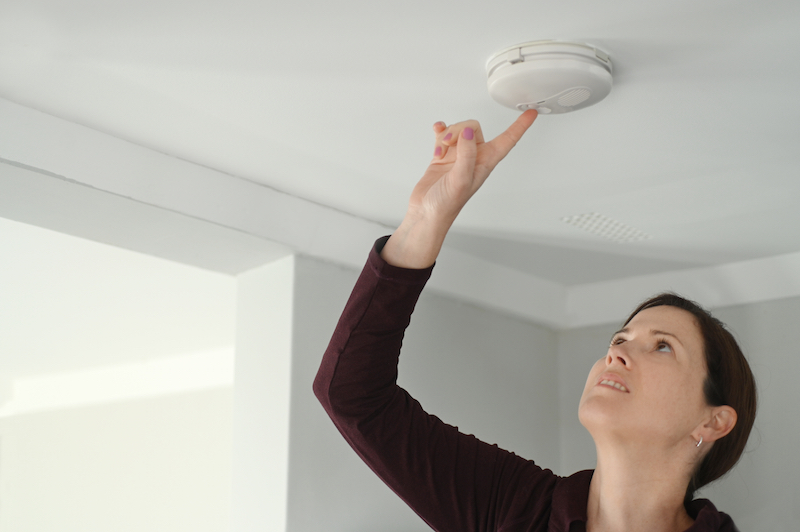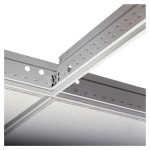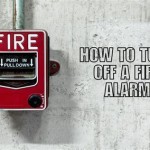Why Does My Mains Wired Smoke Alarm Keep Going Off?
A mains wired smoke alarm is an essential safety device designed to alert you to the presence of smoke, a potential indicator of a fire. However, when this alarm begins to trigger without any apparent cause, it can become a nuisance and raise concerns about its functionality. Understanding the reasons behind this false triggering is crucial for ensuring the reliability of your smoke alarm and maintaining a safe environment in your home.
There are several factors that can contribute to a mains wired smoke alarm going off when there is no smoke. Identifying and addressing these underlying causes is essential to prevent false alarms and ensure that your smoke alarm operates effectively when a genuine fire threat arises.
Essential Aspects to Consider:
Alarm Sensitivity
Alarm Location
Electrical Faults
Dust and Debris Accumulation
End of Life
Smoke alarms are designed to be sensitive to even minute amounts of smoke particles in the air. However, if the sensitivity is set too high, it may trigger false alarms due to dust, cooking fumes, or other non-hazardous particles. Adjusting the sensitivity level to the appropriate setting can help minimize false triggering.
The location of a smoke alarm can significantly impact its susceptibility to false triggering. Installing an alarm too close to a source of steam, such as a kitchen or bathroom, can expose it to moisture and trigger false alarms. Similarly, placing an alarm near a dusty area or an air vent can lead to the accumulation of particles and false triggering.
Electrical issues within the alarm's wiring or circuitry can cause it to malfunction and trigger false alarms. Loose connections, faulty components, or power surges can all contribute to electrical problems. It is essential to have a qualified electrician inspect and troubleshoot the alarm's electrical system to rule out any underlying electrical faults.
Over time, dust and debris can accumulate inside a smoke alarm, clogging its sensors and triggering false alarms. Regular cleaning and maintenance can help prevent this by removing accumulated dust and ensuring the sensors are unobstructed.
Smoke alarms have a limited lifespan, typically around 10 years. As they approach the end of their lifespan, their sensitivity may decrease, making them less effective at detecting smoke. It is recommended to replace smoke alarms every 10 years to ensure optimal performance and reliability.
Understanding these essential aspects can help you troubleshoot and resolve the issue of a mains wired smoke alarm going off when there is no smoke. By addressing the underlying causes, you can ensure that your smoke alarm functions correctly, providing you with peace of mind and protecting your home from the dangers of fire.
Why Do Smoke Detector Alarms Go Off Even When There S No Abc News
My Smoke Detector Beeps A Single Time Every 30 Seconds I Changed The Battery And It Stopped For Like 12 Hours But Now Is Beeping Again How Can Fix Quora

What To Do When Smoke Alarm Keeps Beeping

Fire Alarm Keeps Going Off Don T Ignore It Alfred Blog

The Dos And Don Ts Of Mains Powered Smoke Alarms Battery Labc

Why Is My Smoke Alarm Beeping Or Chirping At Night

What To Do When Smoke Alarm Keeps Beeping

Why Does My Smoke Alarm Keep Beeping Emaster Finder

Why Is My Smoke Alarm Beeping Or Chirping At Night
Why Is My Smoke Detector Still Blinking Red After An Alarm Quora








